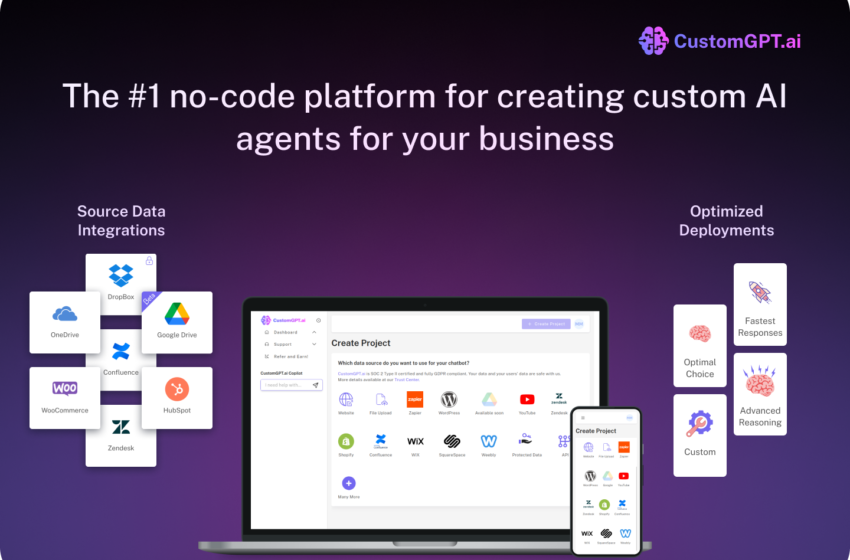The Pros and Cons of Generative AI in Creative Industries
The Pros and Cons of Generative AI in Creative Industries
Generative AI has made significant strides in recent years, offering both exciting opportunities and challenges in creative industries. From art and music to writing and design, these technologies are transforming how creative work is conceived and executed. However, the integration of AI into creative practices raises important questions about originality, authorship, and the future of human creativity.
Pros of Generative AI in Creative Industries
One of the most significant advantages of generative AI is its ability to enhance productivity. With AI tools, artists, designers, and writers can automate repetitive tasks, allowing them to focus more on their creative vision. For instance, AI can quickly generate design variations or suggest potential plot lines, streamlining the creative process.
- Increased Efficiency: AI can reduce the time spent on mundane tasks, allowing creatives to produce more work.
- Inspiration and Innovation: AI can generate new ideas and perspectives that may not have been considered by humans, leading to innovative outcomes.
- Access to New Tools: Generative AI applications are widely available, democratizing access to advanced creative tools for both amateurs and professionals.
Cons of Generative AI in Creative Industries
Despite its advantages, there are notable drawbacks to the use of generative AI in creative fields. One major concern is the potential loss of authenticity and originality. Many critics argue that AI-generated content lacks the unique human touch that characterizes traditional creative works, leading to a dilution of artistic expression.
- Concerns Over Copyright: The ownership of AI-generated content raises legal questions about copyright and intellectual property rights.
- Devaluation of Human Creativity: The reliance on AI could undermine the appreciation for traditional artistic skills and reduce job opportunities for creatives.
- Quality Control: AI-generated works may vary in quality and depth, potentially leading to inferior results that could affect the reputation of creative industries.
Conclusion
In conclusion, while generative AI carries exciting potential to revolutionize creative industries by enhancing productivity and innovation, it also poses significant challenges regarding authenticity, ownership, and the future of human creativity. As professionals navigate this new landscape, striking a balance between leveraging AI and preserving the unique qualities of human creativity will be crucial. Ultimately, the responsible integration of generative AI in creative work will determine its impact on the industry moving forward.


